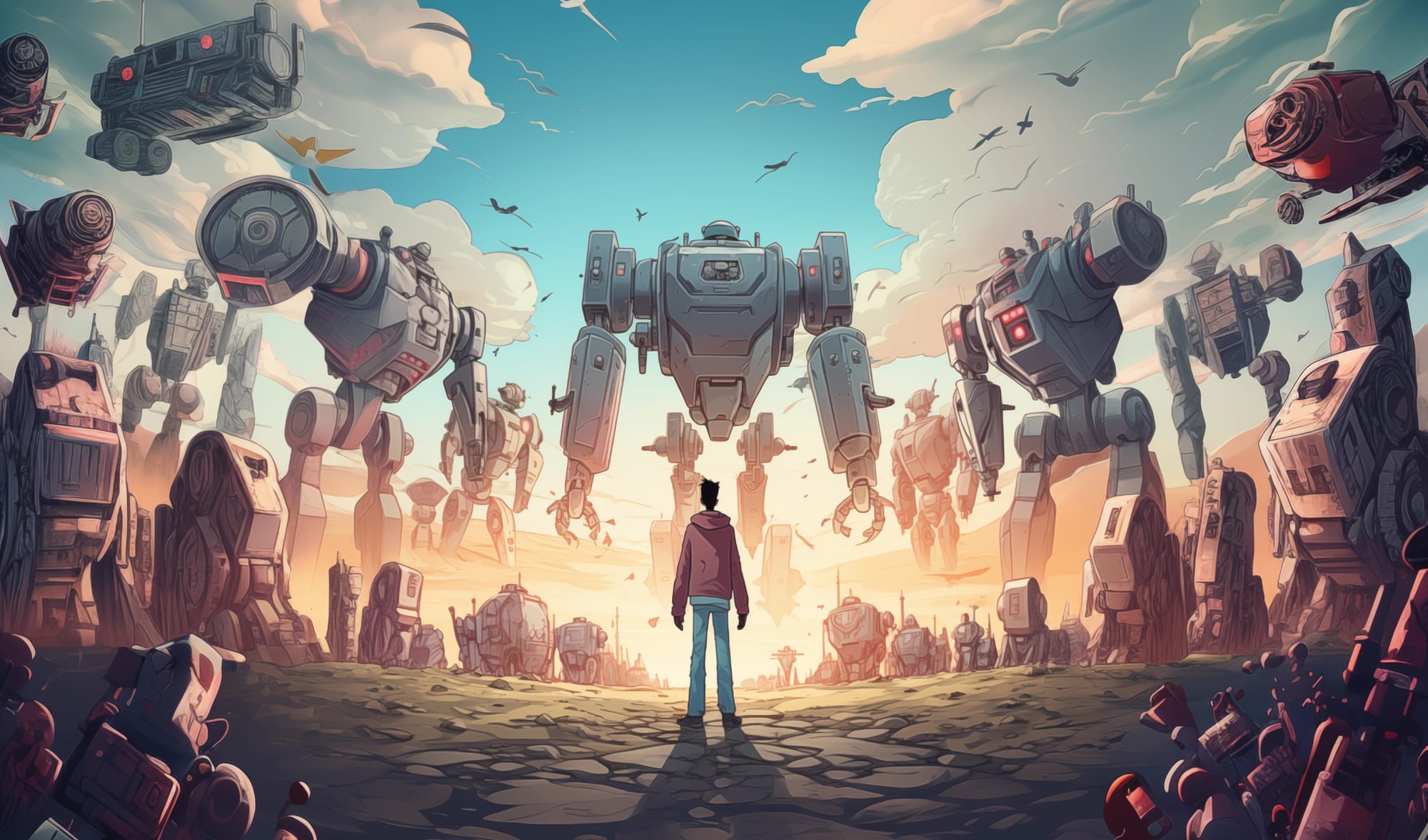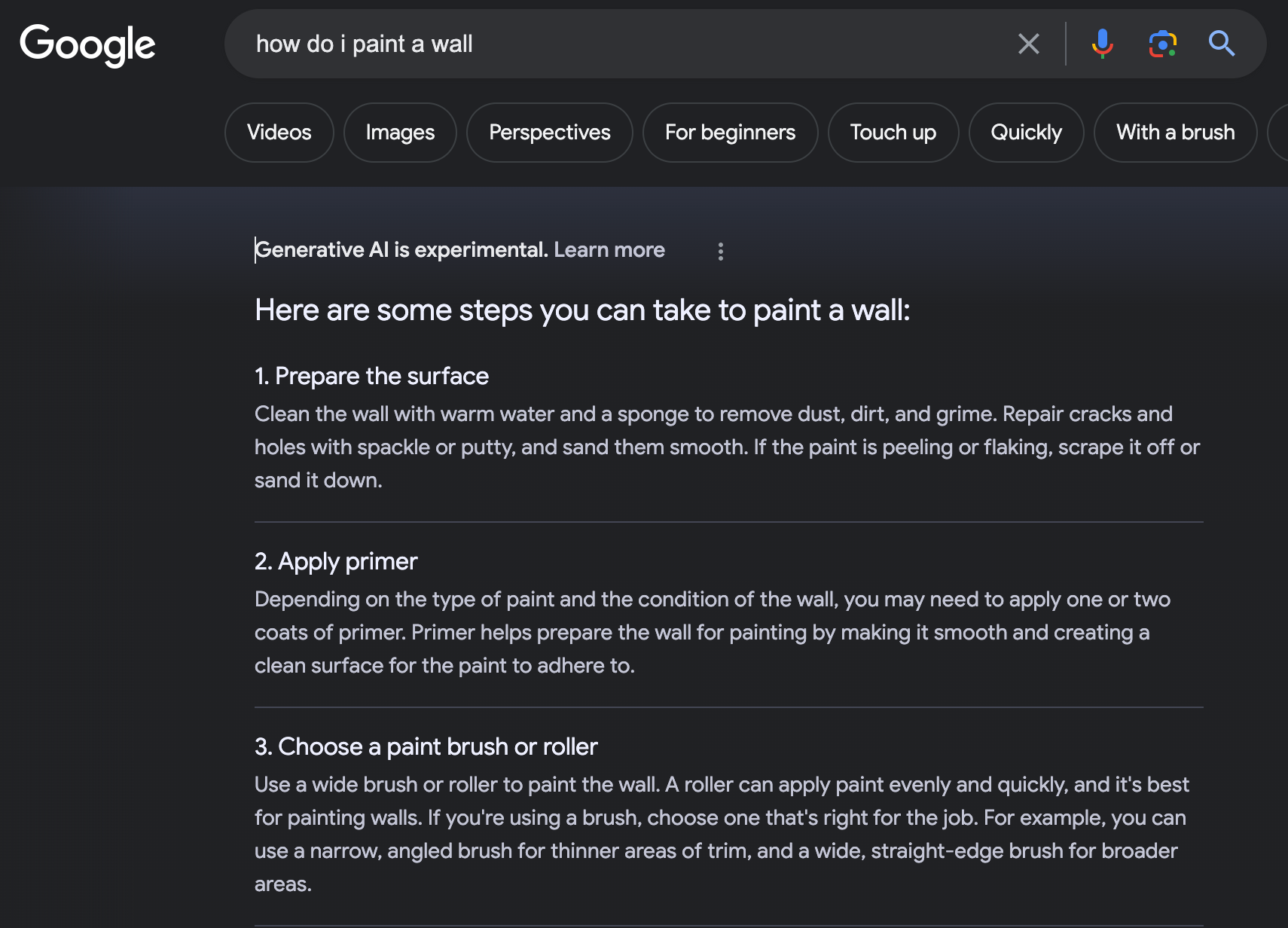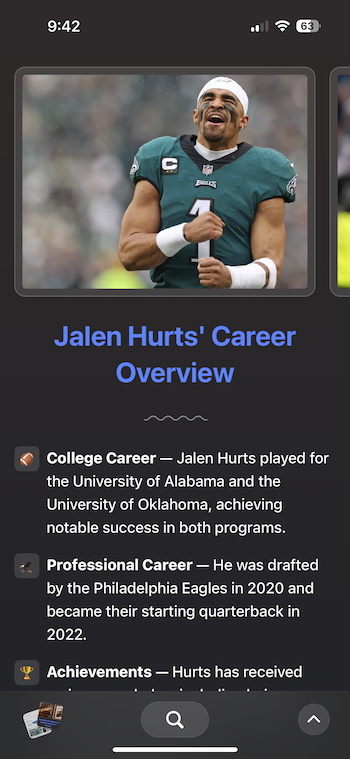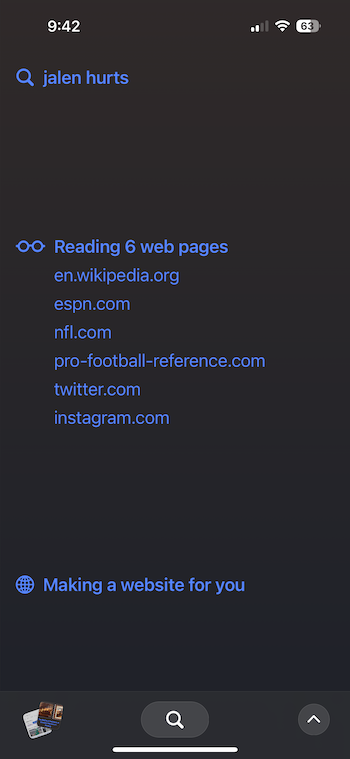What's About to Happen (to Content, Journalism, and Comms)
7 predictions for the new era of audience building.

Not since the Great Recession has there been such a disruptive reconfiguration of how media, "content," and comms work on the internet. I've been tossing around a few predictions and observations with friends, and I wanted to collect them all in one place here.
I do so partly to go on the record. Partly for people to argue with me and push these to be better. But mostly to help anyone reading this perhaps see something coming around the bend.
It's a bit stream-of-consciousness, but I'm separating these into "inputs" (things that are happening) and "outputs" (the downstream effects of those changes).
Input
Platform decay.
Much like stable national business and predictable tax policy attract investment, stable internet platforms attract makers and creators. I'm more willing to build my audience on your service if I can expect a reasonable amount of stability and predictability. For more than a decade, Google, Twitter, YouTube, and LinkedIn had stable rules and incentives.
However, thanks to a mix of AI and changing market conditions, each of these platforms is now antagonistic to linking to outside sources. Their reliance on humans to create chum for the algorithm may be temporary as AI and machine-generated content are now easier to create.
/cdn.vox-cdn.com/uploads/chorus_asset/file/24805892/STK160_X_Twitter_0010.jpg)
Big innovations.
As a creator, journalist, or brand, you can no longer reliably pour money or labor into a platform and have it reliably return an audience that you can turn into customers. As a result, audience growth has slowed across the board.
AI and Google
Many media brands and publications in the previous decade existed for the sole purpose of being one of the ten blue links Google serves up on a search result page (or a "SERP" for you nerds). When you Googled "how to paint a wall" you had to resort to a basket of tricks to be in that list of 10 thus getting the clicks and attention you needed to run your business and sell some paint (a practice known as "search engine optimization").
But those links were always just grist for the Google answer machine. Now with advanced AI models, Google can write the answer on the fly, skipping the middle man.

This not only turns off a major source of traffic and audience, Google's attention to AI has allowed the quality of its core search product to atrophy. While updates stem the tide, all search engines are losing the cat-and-mouse battle against affiliate marketing and SEO practices. Additionally, after a wave of layoffs there is anecdotal evidence that ambitious technologists are seeking to work elsewhere as Google attempts to find its footing again.
Google is losing its edge
— Tom Goss (@gossseo) January 21, 2024
It's definitely happening, you can see it in the way they ship products communicate lately
Lost their fire pic.twitter.com/wTI2nKAj1Z

One day, there may not even be a text interface, just a voice prompt that answers any question you have based on what the AI can produce. There's no way for a publisher to cut into the middle of that transaction. I've seen businesses that depend on 80% of their traffic from Google. What happens when that goes away?


The new Arc Search also skips the middleman.
Parity
The existing platforms to drive audience are decaying and no new ones are taking their place (yet). This creates shrinking acquisition channels with more brands than ever before seeking to capture new audience members. In the content marketing world, everyone is running the same category creation playbook. The audience has seen this all before, and the lack of new platform innovations makes it difficult to stand out on distribution.
Higher interest rates
Yeah yeah, everyone blames this for recent changes. Here's my version: The cheap money of the past decade made it easy to borrow and start a new, extremely ambitious business. New high-growth companies with a long runway of cheap cash and ambitions to win a winner-take-all market are the perfect candidates for building media brands on the back of their companies. These media brands take a large amount of patience and capital to get right (just ask the billionaire owner of the LA Times, who reports losing $40 million last year alone). But when those runways shorten, and the paths to acquire audience dry up, so do the jobs.
Influencers have made it in B2B
There have always been influencers in B2B markets. (You know, the industry insiders and smarty pants with a newsletter among other things.) The economics for brands to hire and administrate a content team made sense when scale was easier to achieve.
Now that audience growth is more difficult, B2B brands are diverting money from full-time staff and buying existing audiences from influencers. Additionally, B2B buyers are wise to most content marketing tactics and few see them as authentic. Even if an influencer is running a pay-to-play operation (and many are), audiences trust a single human more than a brand.
Brian Morrissey calls this the "twilight of the brands."
Outputs/Predictions
Those are the inputs. So what happens next as a result?
If you're an individual, you should go solo...
The economics of a publication do work. They just work in teams of less than five. During the Great Recession, there was a great deal of handwringing about whether readers would "pay for content".
Thankfully, for many niches in 2024, readers do pay for content. A capable solo operator in the right niche can exceed the average salary of a journalist or marketer. If a technologically capable writer who is well-sourced on a topic, you shouldn't join a publication or a brand. You should go solo.
Additionally, SaaS tools and AI assistants can speed up workflows to a degree that wasn't possible as recently as three years ago. An example from my own work: analyzing the results of Crossbeam's yearly survey of revenue professionals used to take 7-10 days of VLOOKUPs. This year, I ran everything through an AI tool and asked it questions (for the record, I manually reviewed all outputs). This allowed us to ship our Future of Revenue survey a month faster.
...and you should publish new ideas.
The AI tools help you write, edit, animate, illustrate, and create. The path from idea to publication has never been shorter. That's good for the creator (or journalist or artist). That's bad for the support structure that brought these ideas to life.
If you're an editor, designer, animator or any of the other behind-the-scenes jobs that help turn an idea into "content" — much of your work will be replaced by AI tools. It's better to be the originator of a concept or idea or belief and lean on AI tools to bring your work to market.
If you're a B2B brand, you should go down funnel
If the path from idea to "content" has been shortened and solo operators can own niches, it doesn't make sense for large brands to staff editorial teams (or "go direct"). The resources of a brand used to be an asset, but now they can be a bureaucratic drag.
If you helm the marketing arm of a brand, you will not be able to build an audience as quickly or effectively as a solo operator. You will be outmaneuvered. Previously an organization's size often translated to PageRank or social media following that would crush you. But when those platforms matter less, it evens the playing field.
In a world where institutions are distrusted and B2B buyers are savvy enough to see a "go direct" playbook being run from a mile away, it will be harder than ever to win the trust of an audience. Instead, we will see that trust is rented in the form of sponsorships or M&A activity. We will see a redirection of resources to tapping into existing communities and audiences rather than having brands build their own — and in extreme cases, buying them.
Marketers will then direct their in-house resources to things that are closer to the product they are selling (aka down funnel). More product education, more howtos, more resources for the people who have already been made aware of the company.
Collectives will rise
If being a free agent is the dominant way of doing creative work online, what happens when a project demands multiple skill sets? The video editor will be in a loose collective with the copywriter who knows the animator and they will all team up when they need to and all work on their fiefdoms when they don't.
Creative agencies, if they survive, will be made of overlapping networks of free agents. This is already happening in the comms space.
Video will be (even more) the dominant medium
There is an asymmetry in the AI tools for text and video. With text-based AI tools, I can output an endless amount of text and it's increasingly difficult to parse whether it was written by a human. While AI video tools are impressive, none have reliably and cheaply replaced popping open your webcam and ring light and recording a video. Audiences will trust video more and those that can compellingly communicate ideas via video will continue to thrive.
Federated systems will have their day
With platform decay, we all now have to build an audience on yet another platform. (Can you hear my long sigh after staring at Threads after 15 years of Twitter?). There will be a degree of consumers and creators who have platform fatigue and don't want to go through the hard work of building another audience somewhere else.
We'll see a rise in "federated systems". Whether that's protocols like ActivityPub and RSS or standards like email. These allow publishers and creators to port their audience wherever they'd like. And, perhaps, they allow new startups to quickly create new ways of leveraging the protocols (like Superhuman did with email or Mastadon did with ActivityPub).
Discovery is back
Gather ‘round children, and let me tell you about StumbleUpon. And blog rings. And the curator's code. It used to be a skill to "surf the web" and pluck out fun links for your audience. Entire link blogs were built on this. So was del.icio.us. As the platforms decay, it will become harder to find cool stuff. The curator and the aggregator will return.
_
I would love to hear your take on the above. Find me at sb@seanblanda.com or on Threads.

